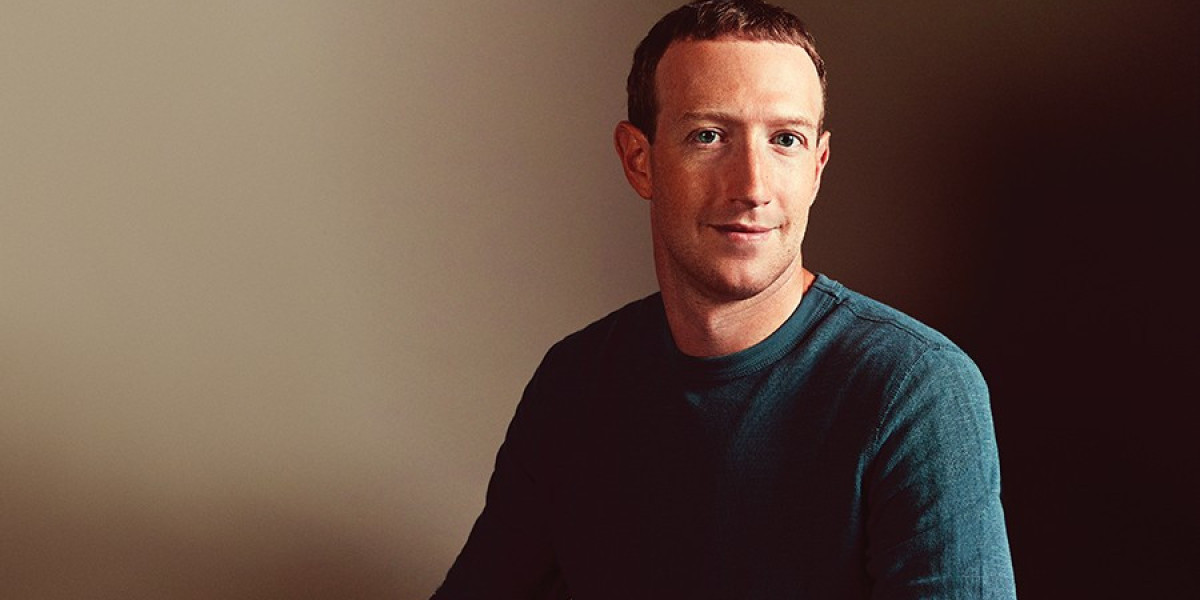The ruling by US District Judge Yvonne Gonzalez Rogers dismisses Zuckerberg as an individual defendant while upholding claims against Meta as a company.
In a significant legal victory, Mark Zuckerberg has evaded personal responsibility in a series of lawsuits focused on social media addiction, clearing his name from accusations that Meta Platforms Inc. and other industry players fostered addictive behaviors among young users. The ruling, issued by US District Judge Yvonne Gonzalez Rogers, underscores the complexity of holding individuals accountable in cases involving corporate practices.
The lawsuits, numbering about two dozen, were brought forth on behalf of young individuals, contending that Zuckerberg was aware of the potential harm posed by Instagram and Facebook to children but chose to overlook these concerns. Despite allegations that Zuckerberg disregarded internal warnings about the safety risks associated with the platforms, Judge Rogers ruled in favor of Zuckerberg's exemption from personal liability.
Central to the ruling was the judge's determination that Zuckerberg did not have a "special relationship" with Meta's users, which would necessitate the disclosure of safety information. This legal precedent shields individuals like Zuckerberg from personal liability solely based on their public persona or association with a corporation. Judge Rogers emphasized that holding Zuckerberg personally accountable for Meta's actions would establish a precedent demanding disclosure from any public figure associated with a company, a stance the court found untenable.
While the dismissal of Zuckerberg as an individual defendant represents a legal setback for the plaintiffs, the ruling does not impede further pursuit of claims against Meta as a corporate entity. Judge Rogers extended the opportunity for plaintiffs to amend and refile their complaints, signaling a potential avenue for continued legal recourse.
The decision follows a contentious legal battle where plaintiffs argued that Zuckerberg, as a corporate officer, bore personal responsibility for concealing information detrimental to users. Despite the plaintiffs' assertions, the court ultimately sided with Zuckerberg, highlighting the complexities inherent in assigning personal liability in cases involving corporate conduct.
In response to the ruling, neither representatives from Meta nor attorneys representing the plaintiffs immediately provided comments. However, the ruling is expected to have broader implications for ongoing litigation against Meta, Alphabet Inc.'s Google, ByteDance Ltd.'s TikTok, and Snap Inc., the respective owners of prominent social media platforms.
As the legal landscape continues to evolve, the ruling underscores the ongoing tension between corporate accountability and individual responsibility in the realm of social media regulation. While Zuckerberg's exoneration may serve as a precedent for future cases, it also raises questions about the efficacy of legal mechanisms in addressing complex societal issues such as youth addiction to digital platforms.








